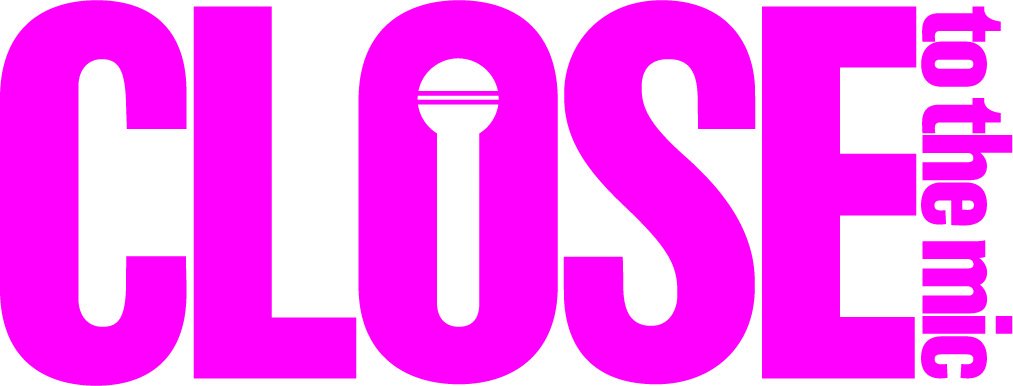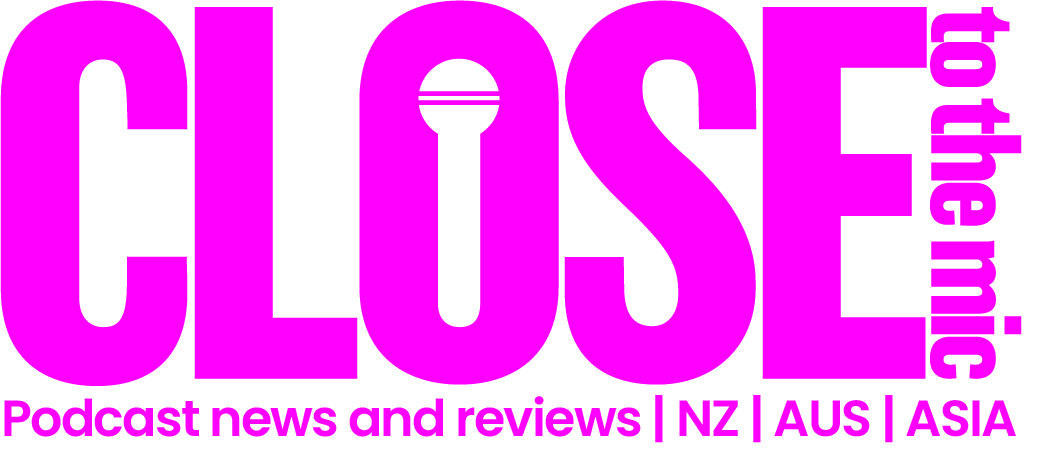Committed to Serving Multilingual Australians
SBS has identified a need for more podcast content in different languages. Photo credit: Etty Fidele.
In early March 2023, SBS announced key changes to its audio language services to reflect Australia’s increasingly diverse society, investing more in Indo-Pacific and First Nations languages and continuing to tell stories of contemporary Australia, building belonging and social cohesion.
SBS will service 63 languages in total across radio, podcasting, online and social media. This includes welcoming four new languages to the SBS family – Bislama (used in Vanuatu), Malay (spoken in Malaysia, Singapore, Brunei and Indonesia), Oromo (spoken in Ethiopia and large parts of East Africa) and Tetum (used in Timor-Leste and West Timor).
The announcement follows an extensive Language Services Review is conducted every five years, in line with the national Census, and includes extensive public consultation, community engagement and data analysis.
The results of the 2021 Census revealed an increase in the number of Australians using a language other than English at home, which grew 16% to 5.6 million and SBS’s updated services will continue to serve 92% of these users and reach more audiences than ever before.
SBS will launch an English language podcast for younger audiences. Photo credit: Cxpturing Souls
The change aims to support growing and high needs migrant communities. In response to the growing number of people in Australia speaking a South Asian language, SBS will recommit to servicing Telugu, grow its Punjabi and Nepali teams, and launch an English-language podcast targeted at younger audiences across a broad community to assist daily life and strengthen belonging within Australia.
In addition to its continuing NITV Radio service, SBS will increase the prominence of First Nations voices by commissioning content in Indigenous languages to aid language preservation.
SBS will also invest in Auslan accessible content and in the SBS Settlement Guide series for emerging migrant communities. This builds on the successful SBS Multilingual Coronavirus Portal which has helped over 11 million Australian unique visitors access trusted COVID-19 content since the start of the pandemic. Afrikaans-language audio will be commissioned and distributed through SBS
Dutch, and SBS Dari will be renamed SBS Dari (includes Hazaragi) to increase visibility of existing services.
David Hua, SBS Director of Audio and Language Content said the review ensures SBS’s language services deliver on the public broadcaster’s Charter and are relevant to contemporary Australia.
“As SBS nears its 50th anniversary in 2025, we are reaching new audiences on a variety of platforms and continue to be a trusted voice for communities helping to build connection and belonging for all Australians.”
He said some of SBS’s most engaged audiences are from emerging communities.
“We’re proud of the great responsibility and opportunity that comes with being able to respond to our changing multicultural society, including the growth of South Asian migration.”
There are 33.12 million native speakers of Malay, including in Indonesia.
SBS has also brought together its full multi-platform audio offering under the new brand name SBS Audio to better reflect audience consumption. Content across all languages including podcasts will be available on SBS Audio’s digital platforms including the website and app.
The media organisation’s in-language services also include SBS On Demand being accessible in six languages (Arabic, Chinese (Simplified), Chinese (Traditional), Hindi, Korean and Vietnamese, as well as its SBS WorldWatch channel and weeknightly SBS عربي News in Arabic and SBS 中文 News in Mandarin.
Six languages did not meet the selection criteria in the Language Services Review - Albanian, Bulgarian, Finnish, Romanian, Slovak and Slovenian, and will be decommissioned.
The radio schedule can be found at SBS.com.au/Audio.




